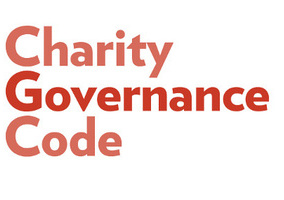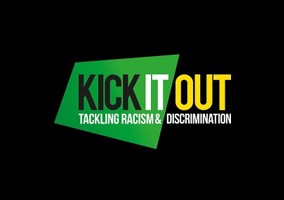Online trolling has a negative impact on the mental health of some charity chief executives, a report published today has found.
Social CEOs and ACEVO have produced a joint report about the experiences of trolling directed at female CEOs in the charity sector.
The report defines trolling as “antagonising others online by deliberately posting inflammatory, irrelevant or offensive comments, or other disruptive or abusive content”.
Initially the organisations spoke with both men and women that have experienced trolling, and ACEVO has previously produced a briefing for its members on this subject. But “it became apparent in these initial conversations that women often experience particularly challenging trolling, which can include misogynistic abuse”.
The decision was then made to undertake research into the experiences of female civil society chief executives.
The survey ran from 20 August to 17 September 2019, and received 27 in-depth responses. The report says: “We recognise that this is a small non-representative sample with limited diversity. The purpose of this paper is to inform conversations about what action should be taken next”.
London, the South East, Scotland and Wales were the most well represented regions.
Findings: 'Targeted because of the decisions that they made in their capacity as chief executive'
The report found that trolling affects chief executives at both small and large charities.
It also found that almost half of those surveyed, 48 per cent, have been trolled. Trolling reportedly included death threats, racism and sexual messages.
The report states: “Respondents told us about their experiences, many of which were shocking due to the personal nature of the abuse. Many were targeted because of the decisions that they made in their capacity as chief executive, the cause they worked in or their personal beliefs. One described how trolling had left them feeling suicidal.”
The report finds that their experiences fell into a number of categories. These included comments about the organisation and its leaders, inappropriate behaviour and personal targeted attacks.
The report also found that these experiences had affected chief executives in a number of different ways. “These include limiting what they say and do online, leaving them isolated from friends and family, experiencing a negative impact on their mental health such as stress and anxiety, and feeling personally attacked.”
When asked whether the experience of trolling was sexist or misogynistic in nature, there was a split; 50 per cent said “yes” and 50 per cent responded “no”.
Future plans
Respondents also made suggestions about the support they would like to be available.
Chief executives described how dealing with trolling took time, energy and resources from their team, and affected their team’s mental health.
Respondents said they would like more peer support, guidelines on how to deal with trolling, better support from social media companies, and support from funders and with their mental health.
It also found some respondents would like to receive legal advice and help from the police and media.
Charity Digital Trust will be organising a roundtable to help define next steps in more detail. To attend the roundtable contact [email protected].
|
Related articles












